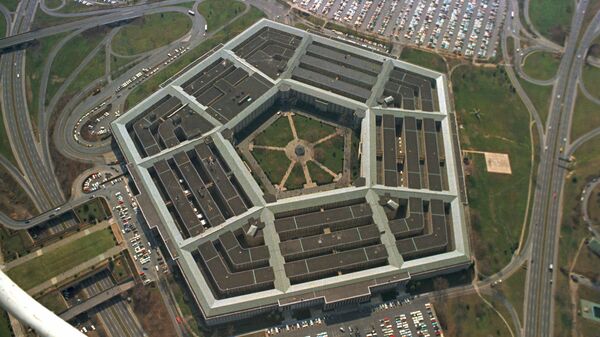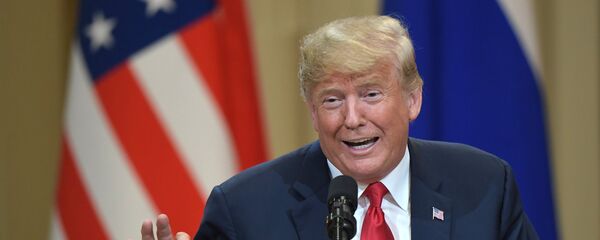The Pentagon has reportedly been caught off guard after statements made by Moscow suggesting that presidents Donald Trump and Vladimir Putin had reached military agreements during the much-hyped Helsinki summit earlier this week.
READ MORE: Republican Lawmakers Call on White House to Disclose Helsinki Summit Mysteries
Just two days after the summit, Mattis, an outspoken critic of Russia, penned a letter to Senate Armed Services Committee Chairman John McCain on Wednesday, urging lawmakers negotiating a 2019 fiscal defense policy bill, to let the State Department waive sanctions on purchases of Russian military equipment by allies and partners.
“As we impose necessary and well-justified costs on Russia for its malign behavior, at the same time there is a compelling need to avoid significant unintended damage to our long-term, national strategic interests,” Bloomberg News cited an excerpt from Mattis’ letter.
Reuters also reported, citing two US officials speaking on condition of anonymity that the Defense Secretary was ready to hold talks with his Russian counterpart Sergei Shoigu – the Pentagon, however, refused to comment. Moreover, it said it had not received any invitation from Russia for negotiations, despite last week’s remarks by Shoigu, suggesting that he had repeatedly invited the Pentagon chief, but had been turned down.
READ MORE: Trump Inviting Putin to White House Is 'Very Good Sign' — Reagan's Adviser
In the meantime, Russia has voiced a readiness to intensify military-to-military contacts with the United States.
“The Russian Defense Ministry is ready for practical implementation of the agreements in the sphere of international security reached by Russian ad US Presidents, Vladimir Putin and Donald Trump, at their Monday’s summit in Helsinki,” the ministry’s spokesman, Maj. Gen. Igor Konashenkov said.
Russian MoD says it's "ready to activate contacts with US colleagues via general staffs and other existing communication channels to discuss extending Strategic Arms Reduction Treaty, cooperation in Syria, other current issues of ensuring military security."
— Lucian Kim (@Lucian_Kim) 17 июля 2018 г.
In 2014, Congress passed the defense authorization bill, suspending military interactions between Washington and Moscow after Crimea’s reunification with Russia. The bill allows the ban to be lifted only when “the Secretary of Defense, in coordination with the Secretary of State, provides a certification to appropriate congressional committees relating to certain actions by Russia.”
The document also authorizes the Pentagon chief to “waive the limitation under certain conditions,” while Congress may impose new sanctions that target contractors from Russian defense companies.




